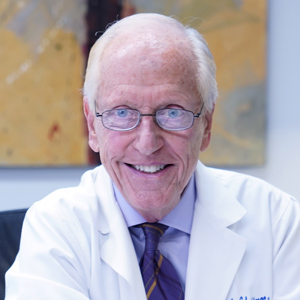The Tennessee Emerging Infections Program (EIP) was recently recognized with the Toby Merlin Award for Excellence in Emergency Response, presented by the Centers for Disease Control and Prevention (CDC) and the Agency for Toxic Substances and Disease Registry.
The award was given for the EIP team’s collaboration with partners across 14 states and agencies for its surveillance and rapid response to the COVID-19 pandemic. The network includes academic medical centers and a corresponding state health department.

“We are proud of the recognition this award has brought to all the members of our surveillance team who have worked so hard — and are continuing to work — to contribute the solid information which forms the basis for national COVID policy decisions,” said William Schaffner, MD, professor of Infectious Disease and Health Policy at Vanderbilt University Medical Center and a principal investigator for the CDC-supported surveillance network, along with Keipp Talbot, MD, MPH, and Tiffanie Markus, PhD.
Prior to the COVID-19 pandemic, VUMC’s role in the network of researchers and state health officials was focused on surveillance of two other respiratory diseases, influenza and RSV. Other partners conduct “a number of intensive surveillance programs of selected infectious diseases of public health importance,” Schaffner said.
Once COVID-19 arrived in the U.S. and began spreading, the group at VUMC immediately responded by shifting its focus to surveillance and data collection around COVID.
“It clearly was a public health problem of the first magnitude, and data were vitally needed to define the extent of this rapidly changing problem and the specific populations that bore the brunt of the disease,” Schaffner said. “Our Vanderbilt team immediately set up a new surveillance system for hospitalized patients with laboratory-confirmed COVID in all our surveillance hospitals. This was particularly challenging as, simultaneously, we transitioned to working remotely from home, and that presented logistical and technical challenges.”
Once established in spring 2020, the network began sharing data with the senior leadership at the CDC, helping guide national public health policy, Schaffner said.
“All this was accomplished in record time and rigorous data quickly were flowing to the CDC leadership and on to the national level,” Schaffner said.












